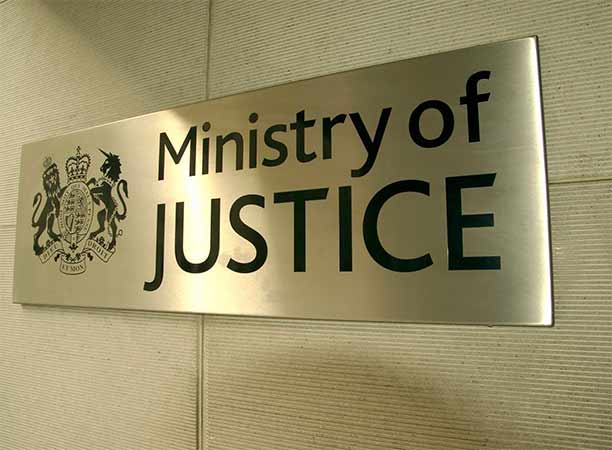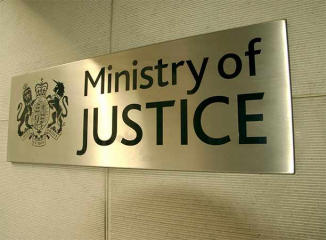In a stunning blow to traditionalists, the latest government reshuffle has seen a lawyer appointed as the UK’s new Justice Secretary, with minister David Gauke transferring from Work and Pensions to take over from David Lidington.
Lidington lasted all of six months as Lord Chancellor, having been last year drafted in to replace the gaffe-prone Elizabeth Truss before this week being transferred to the Cabinet Office. The appointment of the former City solicitor Gauke makes him the fourth Justice Secretary since Michael Gove stepped down ahead of the 2016 Brexit referendum campaign and the sixth in eight years under two Conservative-led administrations.
The appointment came amid a wider ministerial reshuffle announced on Monday (8 January) by prime minister Theresa May. Gauke, who spent six years as an associate at Macfarlanes before being elected MP in 2005 for South West Hertfordshire, is the first lawyer to be appointed Justice Secretary since Kenneth Clarke left the post in 2012. The senior justice minister still retains the historic title Lord Chancellor.
The Oxford-educated financial services lawyer, who trained at Reed Smith before joining Macfarlanes, previously served as Chief Secretary to the Treasury.
Lidington, who was only appointed as Justice Secretary last June, replaces Damian Green as cabinet office minister and has also become Chancellor of the Duchy of Lancaster. Green was sacked in December after an internal inquiry determined that he had made misleading statements following newspaper allegations regarding pornographic images found on his House of Commons computer in a police investigation in 2008. Despite not getting Green’s title of first secretary, Lidington will also stand in for May at Parliamentary Question Time in her absence.
Clarke was replaced by non-lawyer Chris Grayling in September 2012. Grayling went on to become the longest serving justice secretary in the last eight years, having held the role for two years and eight months. After him, none has made the 18-month mark.
Prominent Brexiteer and former party leadership contender Michael Gove took over after David Cameron won his second term in May 2015, but was replaced by Truss when the new prime minister May took over in summer of 2016.
Truss gathered criticism for a number of decisions, in particular due to her failure to defend the judiciary after the Daily Mail published a headline entitled ‘enemies of the people’ during EU campaigner Gina Miller’s legal challenge to the government’s decision to trigger Article 50.
While there will likely be a modest welcome that a lawyer has been again appointed to the role, Gauke will have a challenge to win over a sceptical profession. Grayling and Truss were both poorly regarded in legal circles, while Gove shot much of his credibility with the commercial profession with an ill-fated attempt to make up a new tax on City law firms on the hoof .
The image of a continual changing of the guard of the Ministry of Justice (MoJ) will do much to reinforce the impression that the department, one of the worst hit by austerity cuts, has been relegated to Whitehall backwater in contrast to the glory days of Mackay and Irvine. The MoJ current £6.9bn allocation is set to fall to £6bn by 2019/2020 , compared to £8.9bn in 2010/2011.
Aside from mounting concerns over court funding and legal aid cuts, the profession has in the main been unimpressed with the government’s handling of Brexit negotiations with the EU.












